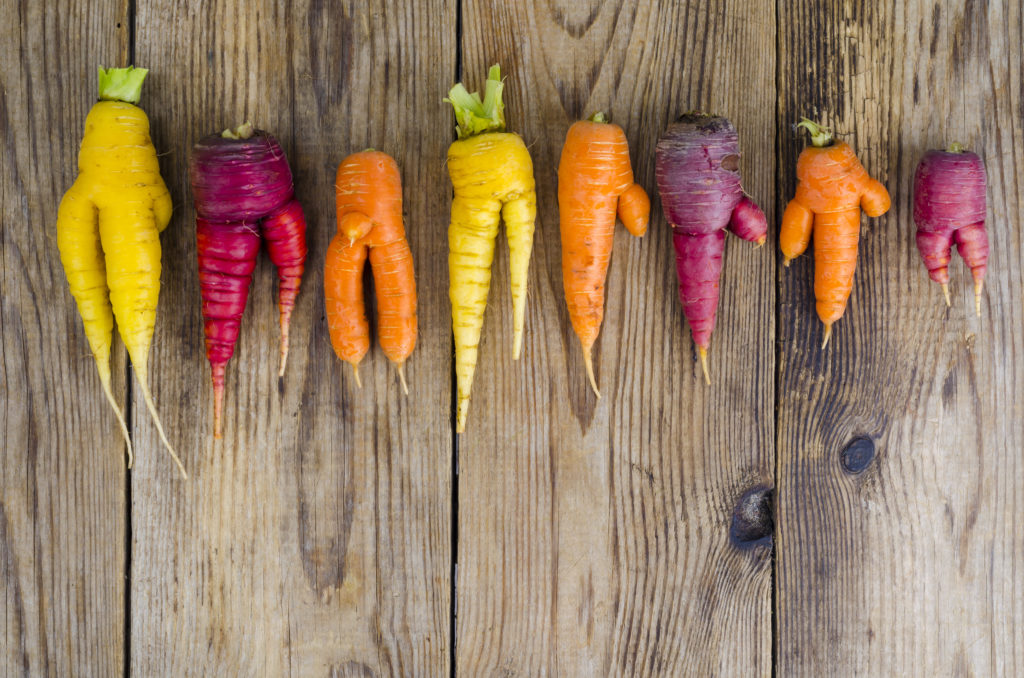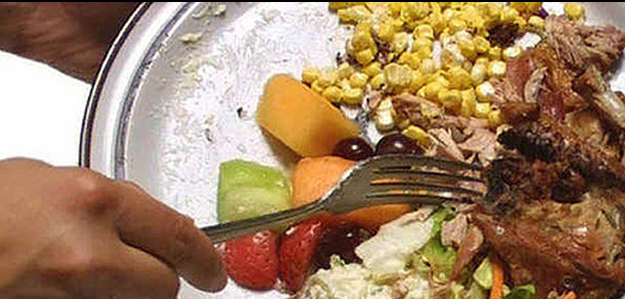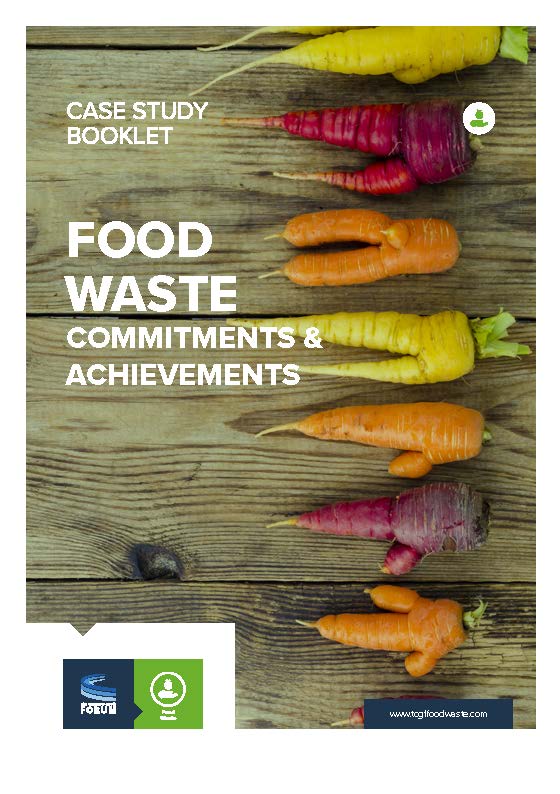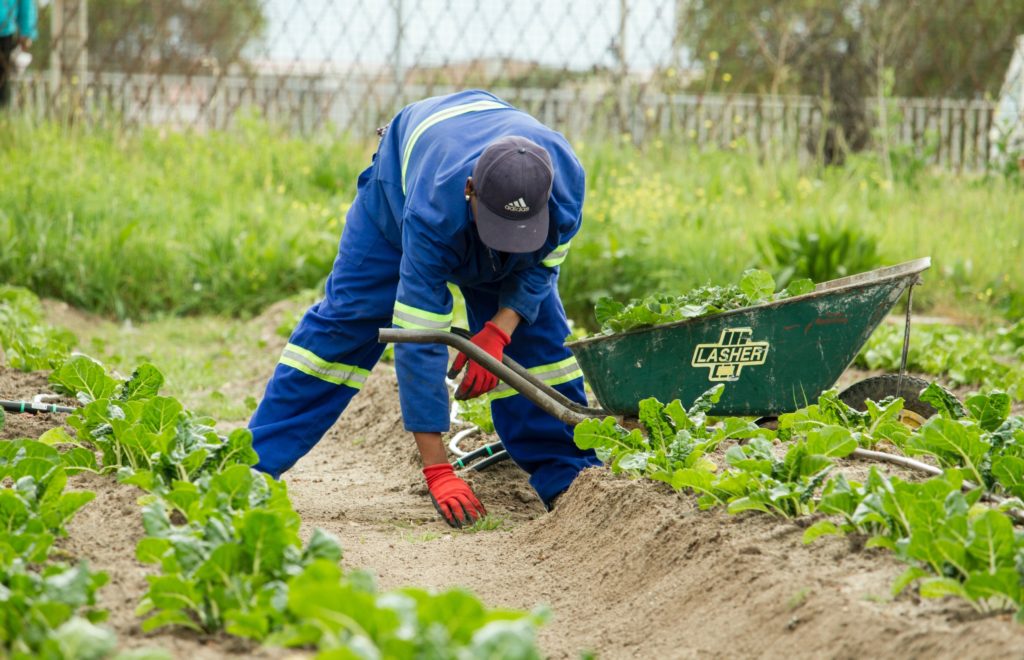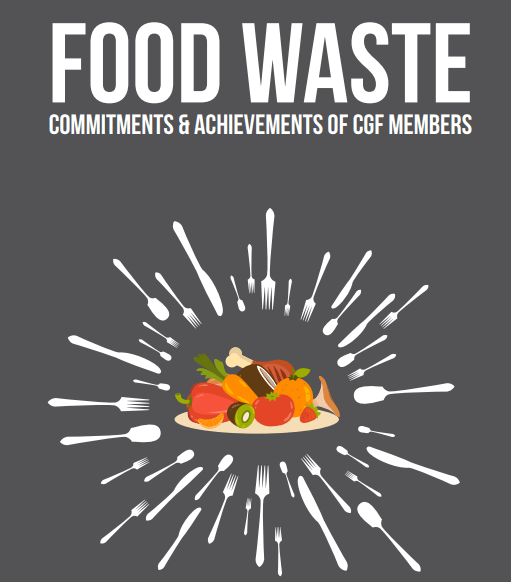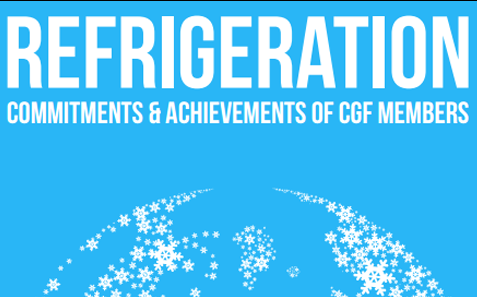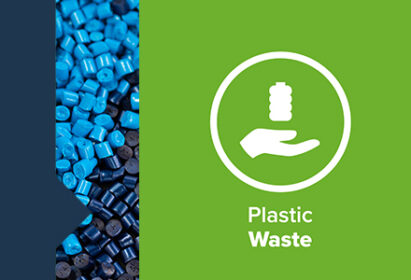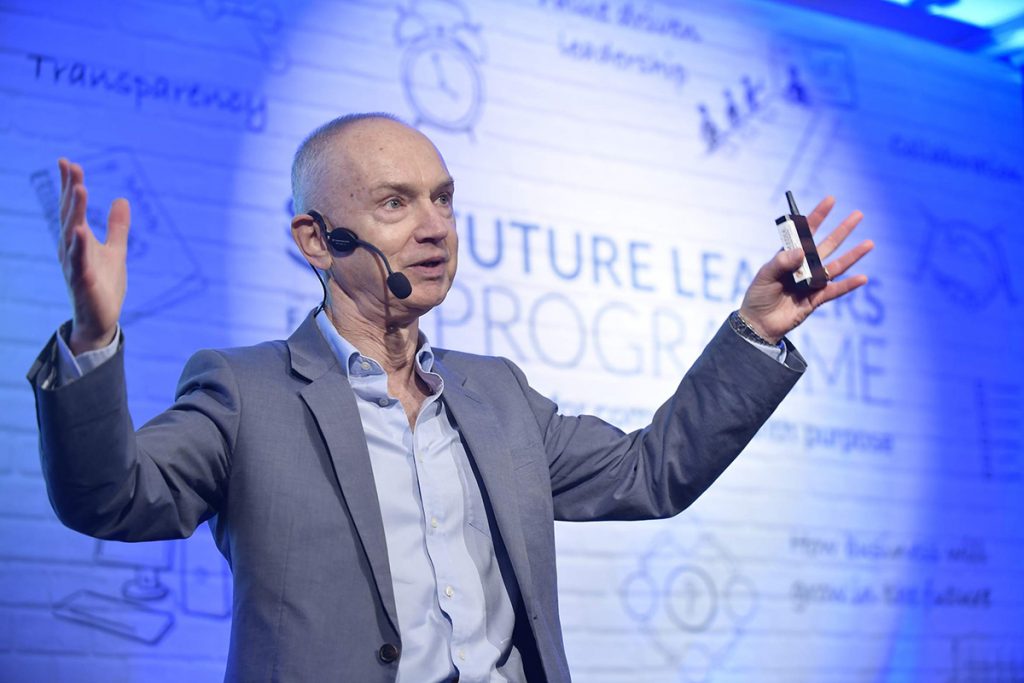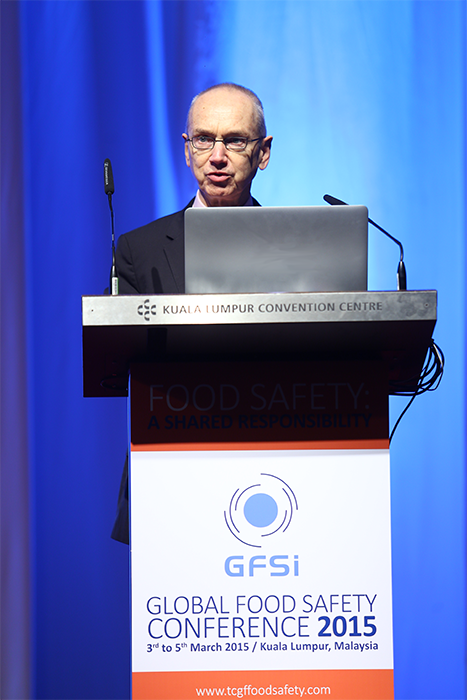Explore Tags
#Deforestation, #Sustainability, #Circular Economy, #Food Waste, #Supply Chain, #Carrefour, #Supply Chains, #Walmart, #Unilever, #PepsiCo, #Tesco, #modern slavery, #Danone, #IGA, #Responsible Sourcing, #Employee Wellbeing, #Sustainable Supply Chains, #Climate Action, #Case Study, #innovation, #consumer goods forum, #data, #P&G, #Dirk Van De Put, #Frans Muller, #Digital Transformation, #WWF, #Bel Group,
